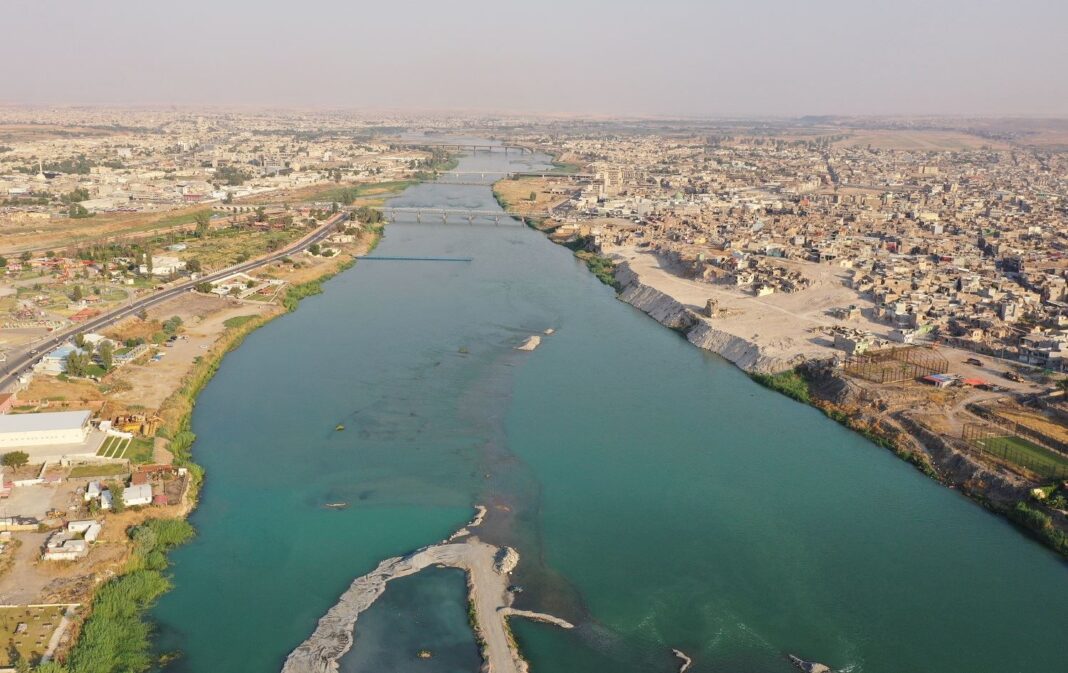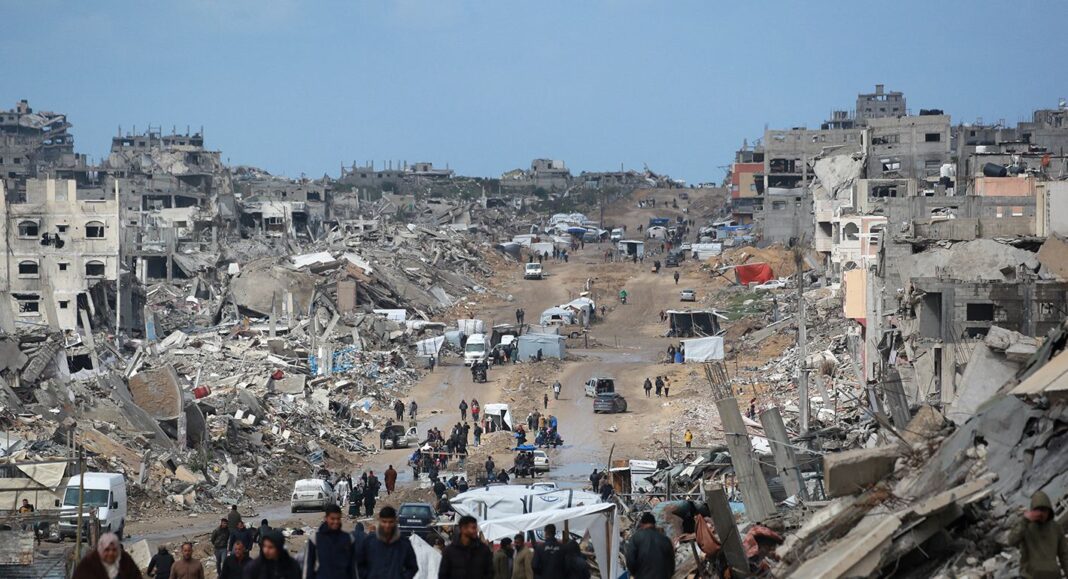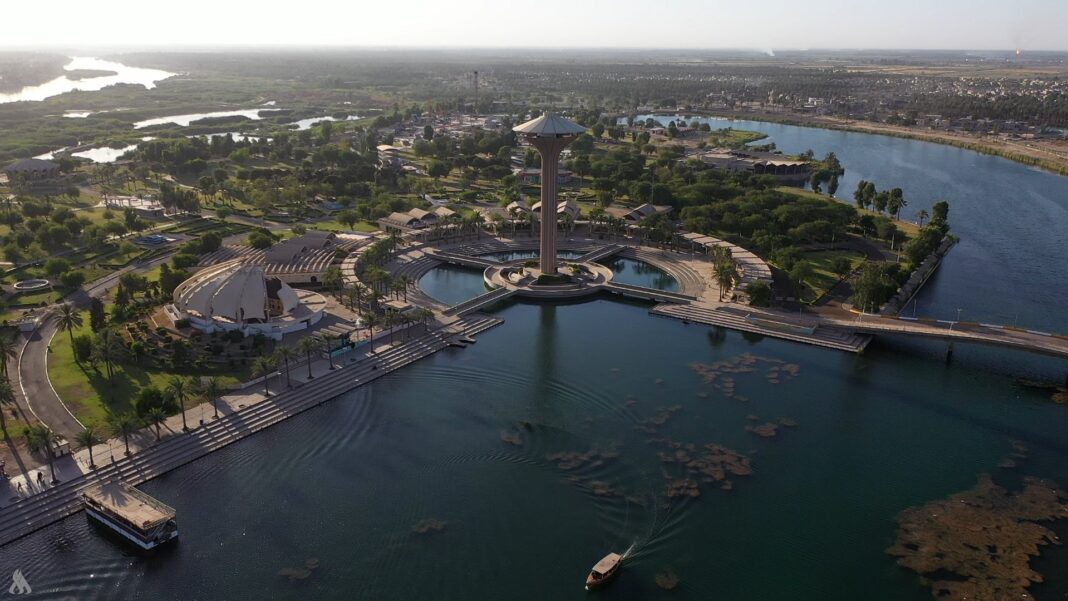Water shortage increases bacterial pollution in Euphrates, according to Iraq’s Ministry of Environment. Officials warned that falling water levels in the river are creating dangerous conditions for public health.
The ministry explained that reduced flow in the Euphrates has allowed bacteria to thrive despite treatment efforts. Monitoring teams working with local municipalities confirmed significant drops in water levels, especially in Karbala. This decline lowered dissolved oxygen levels and weakened overall water quality.
Furthermore, the shortage encouraged algae growth, which provided a suitable environment for harmful bacteria such as Pseudomonas. Experts noted that these bacteria often appear in water treatment facilities. Their presence in drinking water supplies could pose serious risks to communities relying on the river.
Moreover, the bacteria showed resistance to the chlorine used in purification systems. This resistance reduces the effectiveness of traditional treatment methods. As a result, the ministry stressed the urgent need for stronger solutions to protect public health.
In addition, the ministry highlighted that continuing water shortages and declining river discharges are key drivers behind this growing crisis. Officials emphasized that without immediate intervention, bacterial pollution may spread further and cause wider damage.
The situation highlights the connection between environmental challenges and health risks. The Euphrates remains one of Iraq’s most vital rivers, serving millions of people. However, declining water quality now threatens both daily life and agricultural activity.
Therefore, experts called for coordinated action to manage water resources more effectively. They urged cooperation between municipalities, environmental bodies, and health authorities. With greater oversight and stronger investment in water treatment, Iraq can reduce risks and protect communities.
In conclusion, water shortage increases bacterial pollution in Euphrates and poses a direct challenge to Iraq’s environment and public health. Unless addressed quickly, the crisis could escalate, affecting access to safe drinking water and undermining long-term stability.
In conclusion, water shortage increases bacterial pollution in Euphrates and poses a direct challenge to Iraq’s environment and public health. Unless addressed quickly, the crisis could escalate, affecting access to safe drinking water and undermining long-term stability. Furthermore, stronger regional cooperation, better water management strategies, and sustainable investment will be crucial to prevent worsening conditions and to secure the health of future generations.



